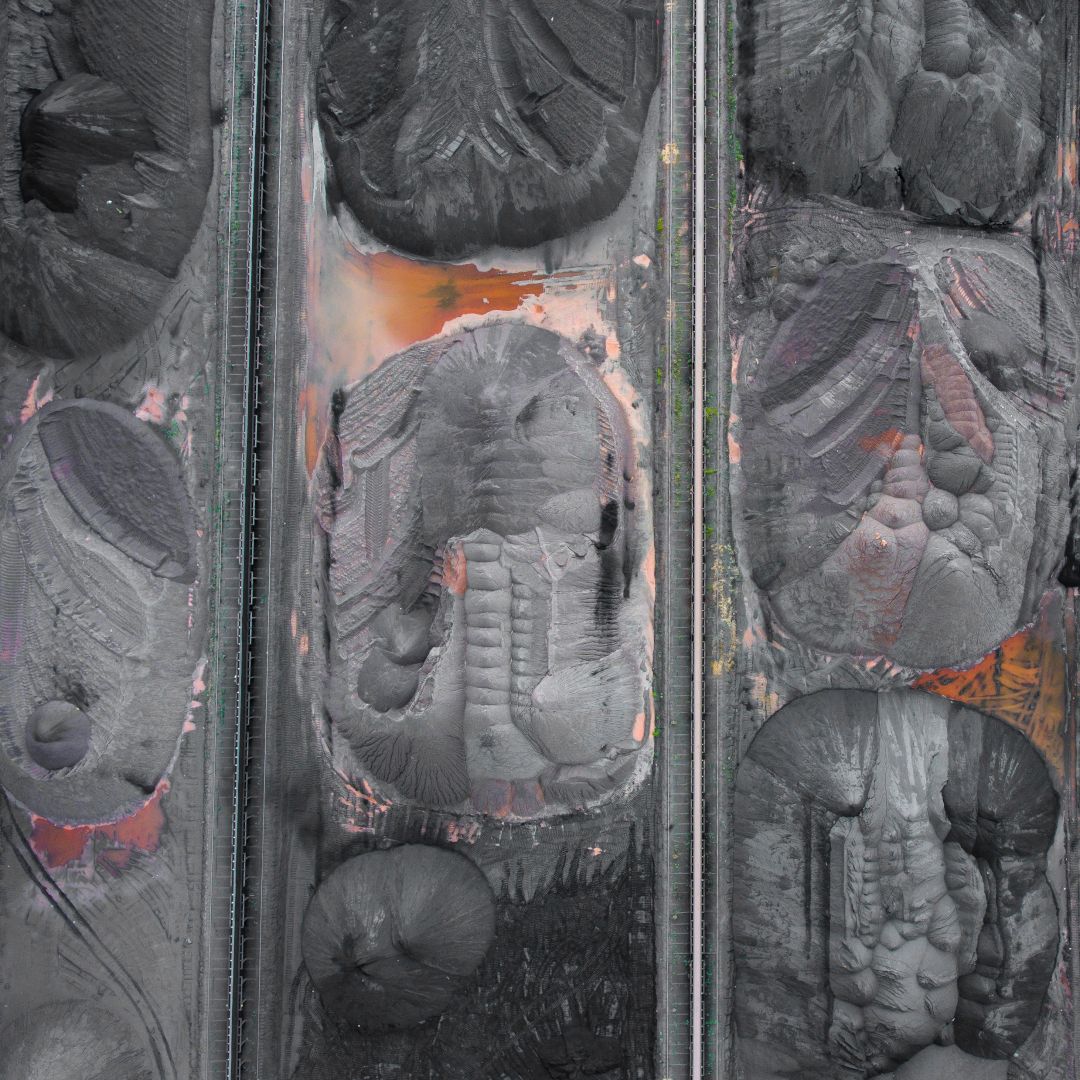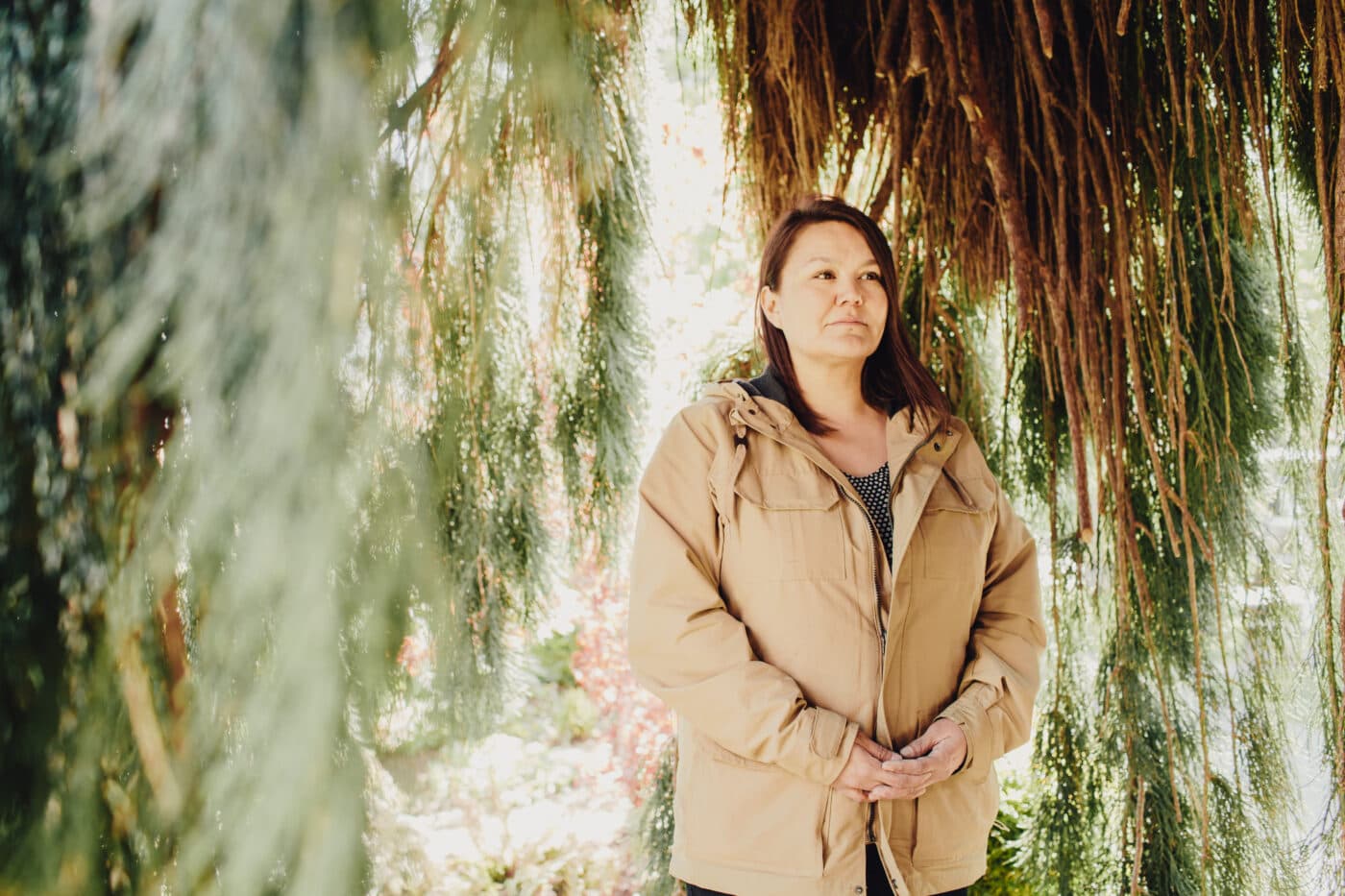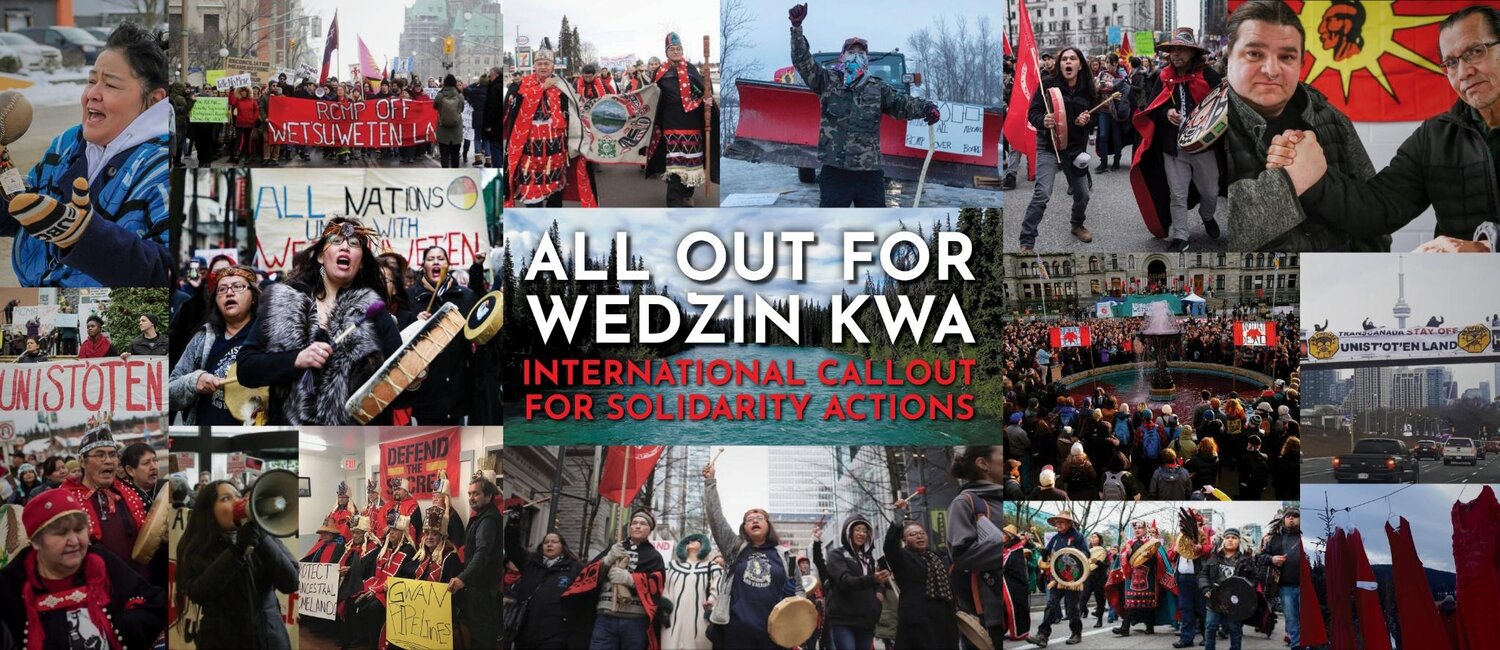February 17, 2023
Late yesterday, three Native American Tribes — the Reno-Sparks Indian Colony, Burns Paiute Tribe, and Summit Lake Paiute Tribe — launched a major new lawsuit against the Thacker Pass lithium mine.
Will Falk is representing RSIC and SLPT in this lawsuit, and Protect Thacker Pass is providing media support. Please donate to support the case and fund legal costs!
DONATE: https://www.protectthackerpass.org/donations-and-funding/
This new case contains major allegations that were not heard in the prior court case, and may be a significant road block for the mine.
FOR IMMEDIATE RELEASE
“This Fight Isn’t Over” – Three Tribes File New Lawsuit Challenging Thacker Pass Lithium Mine
February 17, 2023
RENO, NV — Three Native American tribes have filed a new lawsuit against the Federal Government over Lithium Nevada Corporation’s planned Thacker Pass lithium mine, the latest move in what has become a two-year struggle over mining, greenwashing, and sacred land in northern Nevada.
The lawsuit, filed by the Reno-Sparks Indian Colony, Burns Paiute Tribe, and Summit Lake Paiute Tribe on in Federal District Court on Thursday evening, includes three major allegations.
First, the tribes claim that the Bureau of Land Management (BLM) withheld crucial information from the Nevada State Historic Preservation Office and lied about the extent of tribal consultation in order to secure legally-required concurrence about historic properties in Thacker Pass.
Second, the tribes allege that Lithium Nevada, with BLM’s complicity, lied about terminating a set of older permits for mining-related activities in Thacker Pass. Further, the tribes say that the BLM has, without notifying tribes or the public, expanded the scope of previous permit authorizations dozens of times, allowing Lithium Nevada to conduct preliminary mine construction activities that are harming traditional cultural properties in Thacker Pass.
Third, the lawsuit argues that the BLM lied about consulting with Tribes before issuing their Record of Decision, and that the agency has continually refused to acknowledge both oral and written histories presented by the Tribes about the sacredness and cultural significance of Thacker Pass.
In total, the lawsuit asserts that the BLM has violated the Federal Land Policy Management Act, the National Historic Preservation Act, and the National Environmental Policy Act, and is also guilty of Breach of Contract.
This lawsuit comes just one week after Judge Miranda Du ruled largely in favor of Lithium Nevada and the BLM in a prior consolidated case involving claims brought in 2021 by environmental groups, a local rancher, and two Native American tribes (the Reno-Sparks Indian Colony and the Burns Paiute Tribe).
However, that case only considered events and information prior to January 15, 2021, when the BLM issued the Record of Decision (ROD) — the main Federal permit — for the Thacker Pass lithium mine project. Tribal claims were curtailed by this limitation, which blocked key evidence from being heard — evidence that is integral to the new case.
The new lawsuit is also strengthened by the addition of the Summit Lake Paiute Tribe, one of the Tribes that the BLM claims to have consulted with prior to issuing the ROD. Summit Lake and both other tribes the BLM claims to have consulted (the Winnemucca Indian Colony and Fort McDermitt Paiute-Shoshone Tribe) have disputed BLM’s assertion that any consultation took place. (The Winnemucca Indian Colony filed to intervene in the previous court case, but was blocked from taking part by Judge Du, for seeking intervention too late in the case.)
All three litigating tribes hold Thacker Pass, known as “Peehee Mu’huh” in the Paiute language, as a sacred and culturally important site which has been used for gathering edible and medicinal plants, hunting and fishing, conducting ceremonies, camping, and everyday lifeways of Paiute and Shoshone peoples. Many oral histories, passed down for generations among regional Native American communities, tell of the significance of this area.
Thacker Pass is also the site where two massacres of Paiute people took place – one which occurred prior to colonization as part of an inter-tribal raid, and a second which took place on September 12, 1865, when Federal troops massacred between 31 and 50 Paiute men, women, and children in a surprise attack at dawn.
Much of this history has been assembled for the first time in a comprehensive ethnological report commissioned by the Reno Sparks Indian Colony and Summit Lake Paiute Tribe, which is titled “Thacker Pass/Peehee mu’huh: A Living Monument to Numu History and Culture.” The tribes submitted that report to the Department of the Interior on February 3rd as part of an application to list both the 1865 massacre site and the whole of Thacker Pass, which tribes are calling the “Thacker Pass Traditional Cultural District,” under the National Register of Historic Places. (Numu is what the Northern Paiute call themselves.)
Arlan Melendez , Chairman of the Reno-Sparks Indian Colony:
“When the decision was made public on the previous lawsuit last week, we said we would continue to advocate for our sacred site PeeHee Mu’Huh. A place where prior to colonization, all our Paiute Shoshone ancestors lived for countless generations. And is the very same place they were massacred (never laid to rest properly) by the U.S. Calvary. It’s a place where all Paiute Shoshone people continue to pray, gather medicines & food, honor our non-human relatives, honor our water, honor our way of life, honor our ancestors.
Our contention is with the largest lithium mine in country and the expansion of the 40 plus other lithium claims proposed for the State of Nevada. They should have notified all Tribes sooner. The Thacker Pass permitting process was not done correctly. BLM contends they have discretion to decide who to notify or consult with. They only contacted 3 out of the 22 tribes who had significant ties to Thacker Pass.
One of the Biden Administration’s first actions when they took office was to prioritize ‘regular, meaningful, and robust consultation’ with Tribes. That did not happen with Thacker Pass, and we need the Federal Government to make that right. Our history, our culture, our people, and our sacred sites must be protected.”
Diane Teeman, Director, Culture & Heritage Department, Chairperson, Tribal Council, Burns Paiute Tribe:
“Thacker Pass is known as a spiritually powerful place because of the presence of the remains of tribal Ancestors and their spirits. Our Paiute oral history tells us that we Paiutes have lived in this area since before the Cascade Mountains were formed. Our people follow our unwritten traditional tribal laws and philosophy of life which require we respect all other living things including plants, animals, minerals, and so on. Our traditional ways require we live in reciprocity with all other things and never put ourselves as feeble humans above others. For this reason, our unwritten traditional tribal law requires we do everything in our power to protect it. Only the Tribe and its members can speak to the significance of an area to the Tribe.”
Will Falk, attorney representing the RSIC and SLPT:
“BLM fast-tracked its review of the Thacker Pass Lithium Mine Project and was moving so fast, it made a number of mistakes including failing to identify the September 12, 1865 massacre site, even though BLM possessed descriptions of this massacre in its own General Land Office records. The Tribes have notified BLM of the cultural, spiritual, and historical significance of Thacker Pass, but BLM continues to refuse to acknowledge this information. BLM’s failure to acknowledge the information the Tribes have provided about the significance of Thacker Pass was not reviewed by the court in the previous lawsuit. BLM has committed a number of violations of federal law since the original lawsuit was filed in 2021. My clients and I look forward to exposing the tricks BLM has played on the Tribes for the Thacker Pass Project.”
Michon Eben, Tribal Historic Preservation Officer at the Reno-Sparks Indian Colony:
“Part of the Federal Government’s responsibility is to determine if a proposed mining project may adversely affect historic properties. Historic properties include Native American massacre sites. The BLM failed in its trust responsibility to tribes and now our ancestor’s final resting place is currently being destroyed at Peehee Mu’huh. Why is it that when our ancestors’ burials are under threat, its business as usual? We are demanding mutual respect for our dead relatives and their final resting place. The BLM and non-native archeologists do not have the expertise to determine whether a property is of religious or cultural importance to a tribe. Native American tribes are the special experts of our culture and Peehee Mu’huh/Thacker Pass is significant to regional tribes and to American History.”
Shelley Harjo, Fort McDermitt Tribal Member:
“Are we willing to sacrifice sacred sites, health and internal balance for short term economic gains while giant corporations create unmeasurable wealth, deplete resources, and leave our future generations to endure the disorder the Thacker Pass mine would leave behind? I will never believe this is the best method for greener living and nor do many other native people in our area. My elders who have been going up to fish and gather medicine in the Thacker Pass have been followed and harassed by Lithium Nevada’s private security, and now say they don’t feel safe on their own ancestral homeland. This is an unacceptable bullying tactic against elderly women by a foreign mining company that has no business here.”
Max Wilbert, Protect Thacker Pass:
“Global warming is a serious problem and we cannot continue burning fossil fuels, but destroying mountains for lithium is just as bad as destroying mountains for coal. You can’t blow up a mountain and call it green.”
The Thacker Pass lithium mine project has become emblematic of what critics say is a rushed transition to “green energy” that is replicating many of the problems of the fossil fuel industry, resulting in major environmental damage, and harming communities on the frontlines. Opponents of the Thacker Pass say they aren’t arguing in favor of fossil fuels, but in favor of protecting the Earth. Lithium Nevada claims that its lithium mine will be essential to producing batteries for combating global warming, and the Biden administration has previously indicated some support for Thacker Pass. Opponents of the project have called this “greenwashing,” arguing that the project would harm important wildlife habitat and create significant pollution, including greenhouse gas emissions. They say that electric cars are harmful to the planet and a different approach is needed to address the climate crisis.
General Motors recently entered into an offtake agreement with Lithium Americas, the parent company of Lithium Nevada, to purchase a $650 million stake and to buy the lithium that is produced at Thacker Pass. News reports have stated that the agreement is contingent on the results of the previous lawsuit. It is unclear at this time how the new lawsuit will affect GM’s commitment to Thacker Pass.
###


![New Lawsuit Challenging Thacker Pass Mine [Press Release]](https://dgrnewsservice.org/wp-content/uploads/sites/18/2023/02/SweepUnderRug_H-1024x675-1.jpeg)




